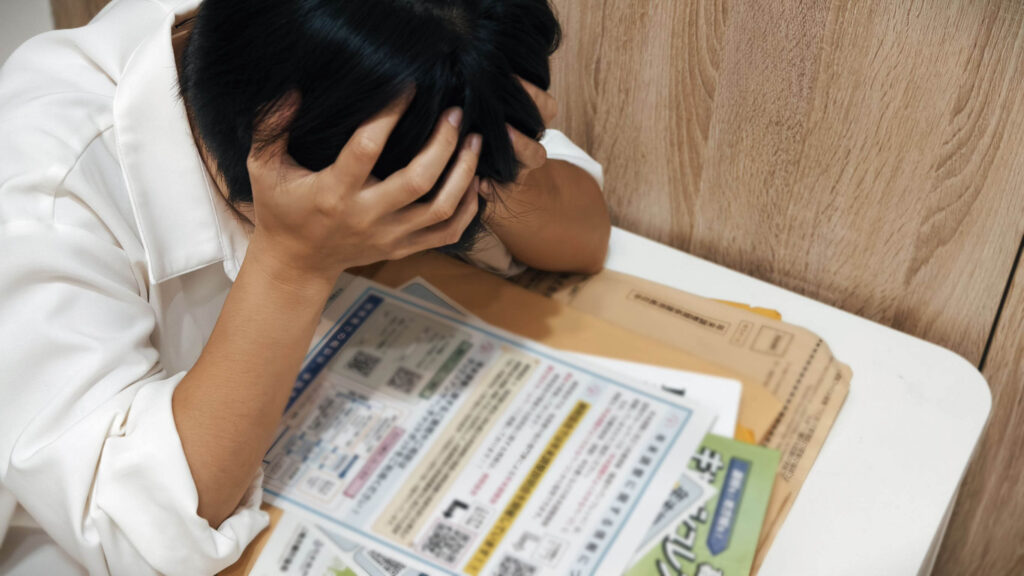A Japanese study reveals that mental health issues among workers cost the Japanese economy 7.6 trillion yen annually. Kanto Smart Living Cooperative is urging this issue to be addressed and offering four key recommendations to help office workers reduce stress and maintain productivity.

TOKYO, JAPAN (MERXWIRE) – A recent study in Japan reveals that mental health issues, such as depression and insomnia, are taking a significant toll on the workforce and economy, costing the economy 7.6 trillion yen annually, equivalent to approximately 1.1% of GDP. These issues are more than seven times the medical costs of mental illness. Experts are urging businesses and the government to intervene early to prevent further losses.
The study, led by Associate Professor Koji Hara of Yokohama City University and Associate Professor Tomohisa Nagata of the University of Occupational and Environmental Health, Japan, surveyed 27,507 workers nationwide. The results show that presenteeism (when workers show up for work but are unable to perform at their best due to mental health issues) costs approximately 7.3 trillion yen. In contrast, absenteeism costs approximately 0.3 trillion yen, for a total of 7.6 trillion yen.
The study indicates that, compared to absenteeism, presenteeism has a more hidden and significant impact on the economy, often overlooked by policymakers and workplace management. The data also shows that women aged 20 to 30 report a disproportionately high rate of mental health symptoms, highlighting the urgent need for attention to the mental health of the young workforce.
To support workers who continue to work despite facing mental health challenges, the Kanto Smart Living Cooperative, drawing on insights from office workers, psychologists, and experts, has developed “Four Tips for Workers Coping with Mental Health Issues.”
First, acknowledge physical and mental warning signs and don’t push through. Chronic low mood, insomnia, difficulty concentrating, or persistent fatigue are all warning signs of mental health problems. Ignoring symptoms will only worsen the condition and may even lead to more serious illnesses. Just as a cold requires rest, mental health needs the same attention.
Second, seek professional help early. Mental distress isn’t a sign of weakness; it’s a health condition that needs understanding and treatment. Consider seeking psychiatric or psychological counseling or utilizing your company’s employee assistance program. Express your concerns to a trusted supervisor or HR department. Early intervention can help shorten recovery time.
Third, set boundaries and adjust your work patterns. If a complete vacation isn’t possible, consider reducing your hours, easing the difficulty of tasks, or adopting remote or split-time work to alleviate stress and protect your health. Working with time constraints is more effective than forcing yourself to work full-time.
Finally, accept that rest is part of productivity. Many worry that taking breaks will be seen as a lack of commitment, but chronic stress can impair focus and judgment, causing far greater harm than a short break. Treating rest as an investment will help you achieve long-term success in your career.
Media Contacts:
Kanto Smart Living Cooperative
PR Agency:
MERXWIRE INC.
Ada Huang
pr@merxwire.com
SOURCE: Kanto Smart Living Cooperative



